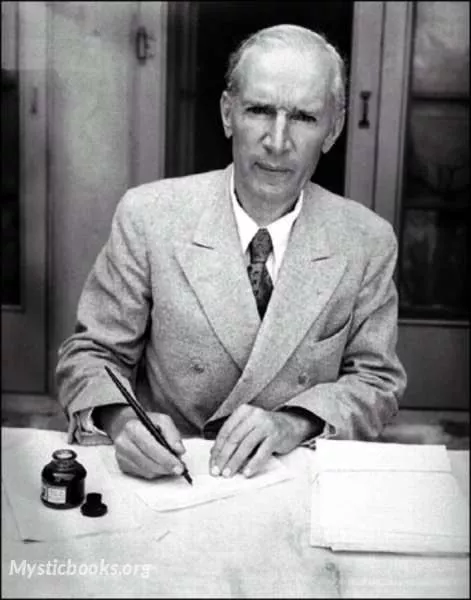
Timeline
Title
Country/Nationality
Upton Sinclair
Upton Beall Sinclair Jr. was an American writer, political activist and the 1934 Democratic Party nominee for Governor of California who wrote nearly 100 books and other works in several genres. Sinclair's work was well known and popular in the first half of the 20th century, and he won the Pulitzer Prize for Fiction in 1943.
In 1906, Sinclair acquired particular fame for his classic muck-raking novel The Jungle, which exposed labour and sanitary conditions in the U.S. meatpacking industry, causing a public uproar that contributed in part to the passage a few months later of the 1906 Pure Food and Drug Act and the Meat Inspection Act. In 1919, he published The Brass Check, a muck-raking exposé of American journalism that publicized the issue of yellow journalism and the limitations of the "free press" in the United States. Four years after publication of The Brass Check, the first code of ethics for journalists was created. Time magazine called him "a man with every gift except humour and silence". He is also well remembered for the line: "It is difficult to get a man to understand something, when his salary depends upon his not understanding it." He used this line in speeches and the book about his campaign for governor as a way to explain why the editors and publishers of the major newspapers in California would not treat seriously his proposals for old age pensions and other progressive reforms.
Many of his novels can be read as historical works. Writing during the Progressive Era, Sinclair describes the world of the industrialized United States from both the working man's and the industrialist's points of view. Novels such as King Coal (1917), The Coal War (published posthumously), Oil! (1927), and The Flivver King (1937) describe the working conditions of the coal, oil, and auto industries at the time.
The Flivver King describes the rise of Henry Ford, his "wage reform" and his company's Sociological Department, to his decline into anti-Semitism as publisher of The Dearborn Independent. King Coal confronts John D. Rockefeller Jr., and his role in the 1914 Ludlow Massacre in the coal fields of Colorado.
Sinclair was an outspoken socialist and ran unsuccessfully for Congress as a nominee from the Socialist Party. He was also the Democratic Party candidate for Governor of California during the Great Depression, running under the banner of the End Poverty in California campaign, but was defeated in the 1934 elections.
Books by Upton Sinclair
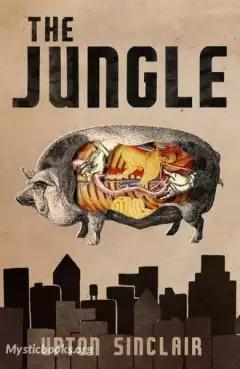
The Jungle
The Jungle is a 1906 novel by the American journalist and novelist Upton Sinclair (1878–1968). The novel portrays the harsh conditions and exploited lives of immigrants in the United States in Chicago and similar industrialized cities. Sinclair's pri...
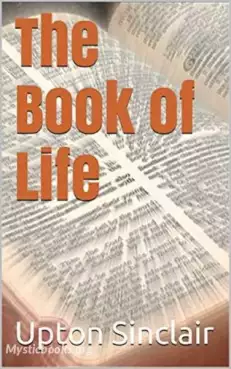
The Book of Life by Upton Sinclair
Faith and reason, love and virtue, morality and mortality! In these two short volumes the famous novelist, essayist, and playwright, Upton Sinclair, confided his most prized worldly wisdom for generations to come. His kind and witty personal advice b...
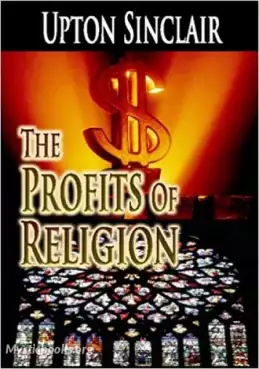
The Profits of Religion
The Profits of Religion: An Essay in Economic Interpretation is a nonfiction book, first published in 1917, by the American novelist and muck-raking journalist Upton Sinclair. It is a snapshot of the religious movements in the U.S. before its entry i...
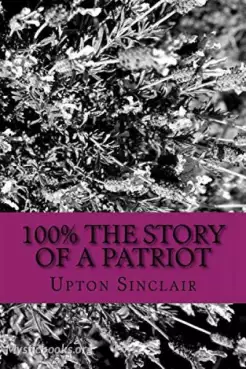
100%: The Story of a Patriot
"100%: The Story of a Patriot" dramatically recounts the adventures of a poor uneducated young man who lives by his wits and guile, as he becomes politicized during his involvement in the sometimes violent struggle between American “patriots” and “Re...
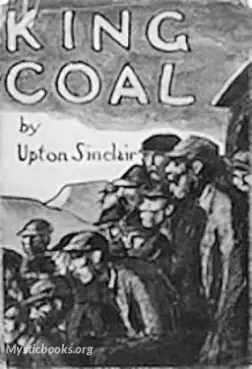
King Coal
King Coal is a 1917 novel by Upton Sinclair that describes the poor working conditions in the coal mining industry in the western United States during the 1910s, from the perspective of a single protagonist, Hal Warner. As in his earlier work, The Ju...
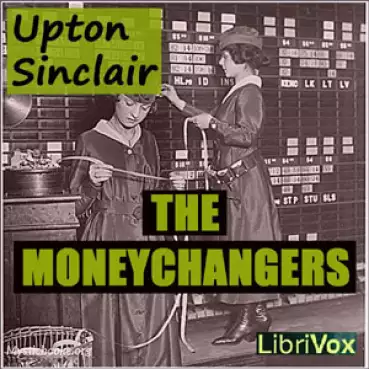
The Moneychangers
The plot revolves around the politics inside a major bank. As the novel begins, the position of CEO of one of America's largest banks, First Mercantile American, is about to become vacant due to the terminal illness of Ben Roselli, the incumbent chie...
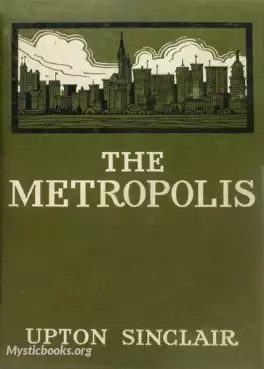
The Metropolis
In this 1907 novel about the extravagant life of New York City’s high society, the author of The Jungle, presents a portrait of the wealthy elite. Allan Montague, a lawyer of thirty, moves to New York City from Mississippi, along with his mother and...
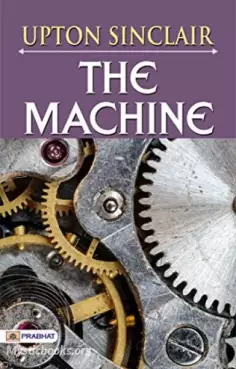
The Machine
Upton Sinclair is best known for his novel The Jungle, an expose of the meatpacking industry. He was also a playwright whose works for the stage reflected the same progressive viewpoints found in his other writing. In The Machine, published as part o...
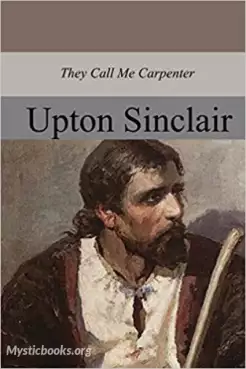
They Call Me Carpenter
They Call Me Carpenter: A Tale of the Second Coming is a novel written by Upton Sinclair in 1922 that exposed the new and upcoming culture of 1920s Southern California, namely Hollywood. Sinclair does this by using Jesus, or Carpenter as Sinclair cal...
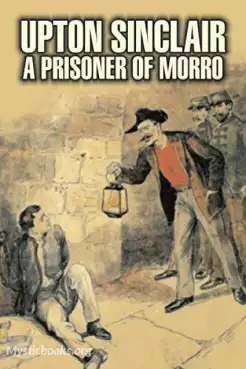
A Prisoner of Morro
Upton Sinclair, born in 1878 was a Pulitzer Prize-winning American author. He wrote over 90 books in many genres. Best known for his muckraking novel, The Jungle, Sinclair also wrote adventure fiction. Many of these works were written under the pseud...
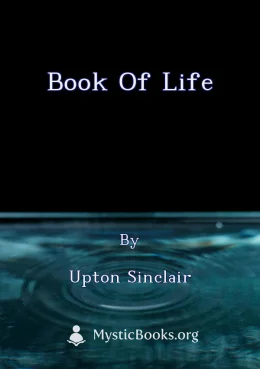
Book of Life
In "Book of Life," renowned author Upton Sinclair shares his profound insights and wisdom on a wide range of life's essential aspects, from faith and reason to love and virtue, morality and mortality. Through his insightful essays, Sinclair provides...
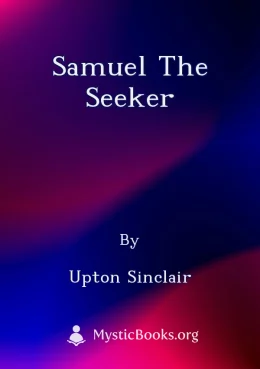
Samuel the Seeker
Samuel the Seeker follows the journey of young Samuel Prescott, who, after being robbed and left penniless, navigates the complexities of early 20th-century American society. Through his encounters with various characters, Samuel encounters the harsh...
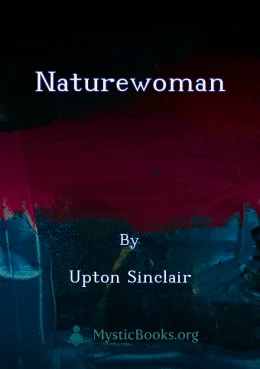
Naturewoman
Naturewoman, a play by Upton Sinclair, explores the clash between the free-spirited and nature-loving Oceana and her conservative Bostonian family. As Oceana's unconventional ways challenge societal norms, she finds herself at odds with her relatives...
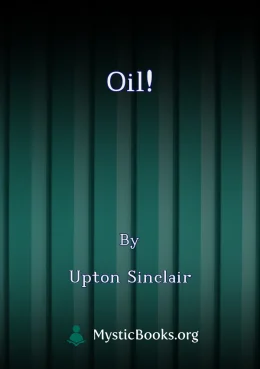
Oil!
The two main characters of “Oil” are James Arnold Ross, called “Dad”, and his son James Jr., called “Bunny”. The book is loosely based on a real character (Edward L. Doheny) and some real events and locations, mostly in Southern California. The peri...